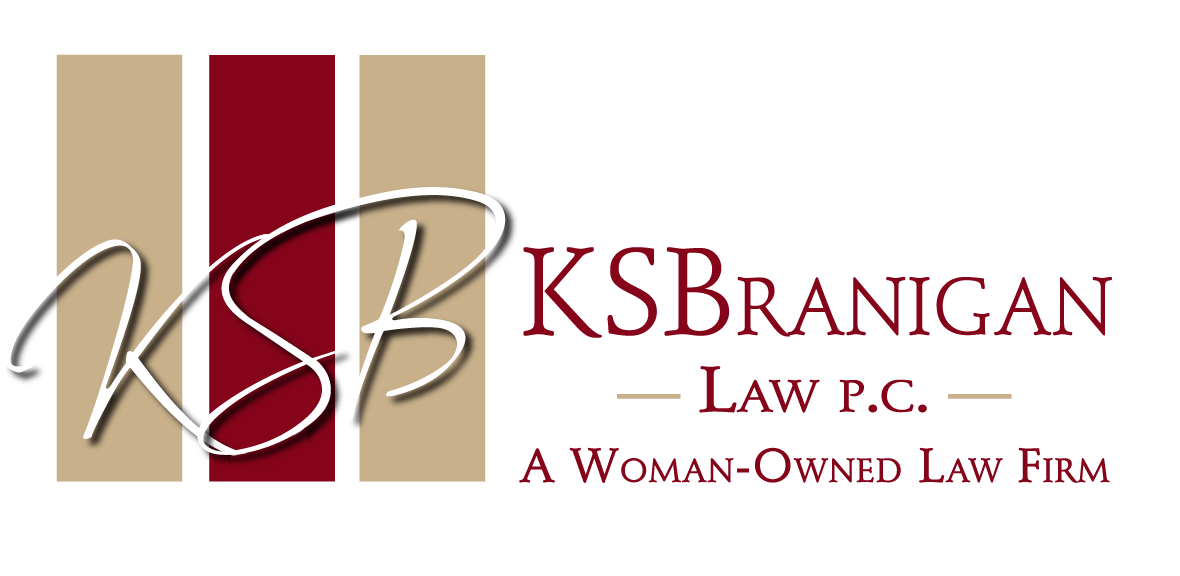On January 11, 2023, Governor Murphy signed Assembly Bill 4768 that will implement the amended New Jersey WARN Act which will take effect on April 10, 2023. Both employers and employees should be aware that the amended WARN Act contains stricter requirements with which employers must comply.
An employer who lays off employees in New Jersey needs to ensure that it not only complies with the Federal WARN Act but also the New Jersey WARN Act, (the New Jersey Millville Dallas Airmotive Plant Job Loss Notification Act). The New Jersey WARN Act was initially amended in 2020 and the amendments were scheduled to initially take effect in July 2020. However, in response to the COVID-19 pandemic and Executive Orders signed by Governor Murphy starting in April 2020, implementation of the amendments was postponed.
Previously, the New Jersey WARN Act applied to employers with 100 or more full-time employees. Pursuant to the amendments, the WARN Act will now apply to employers with 100 or more full-time or part-time employees.
The WARN Act Amendments also expand the definition of “establishment” such that the Act now applies to all employees reporting to all of the employer’s New Jersey locations, not just employees working at a “single site of employment.” Thus, the Act applies to employees who work from home or from other remote locations.
The amendments also change the notice requirements. Formerly, New Jersey employers were required to provide 60 days’ advance notice of a qualifying shut down, transfer, or mass layoff, and provide severance only in the event it did not provide this 60 days’ notice. Now, New Jersey employers will be required to provide 90 days’ advanced notice of termination and pay severance equal to one week of salary for every full year of employment, even if the employer complied with a notice requirement. If an employer does not comply with the full 90 days’ notice, the employer will be required to pay an additional four weeks of severance. This requirement is the first of its kind nationwide.
Under the notice provisions, the definition of “employer” includes any individual, partnership, association, corporation, or any person or group of persons acting directly or indirectly in the interest of an employer in relation to an employee, and includes any person who, directly or indirectly, owns and operates the nominal employer, or owns a corporate subsidiary that, directly or indirectly, owns and operates the nominal employer or makes the decision responsible for the employment action that gives rise to a mass layoff subject to notification. Thus, the amendments impose personal liability on anyone acting directly or indirectly in the interest of an employer if they fail to comply with the notice and severance provisions.
The New Jersey WARN Act amendments also expand the reach of the Act by reducing the number of employees needed to qualify as a mass layoff. The threshold is now 50 employees at, or reporting to, a particular establishment during any 30-day period (instead of 500 or more full-time employees during any 30-day period or 50 or more full-time employees representing at least one-third of the workforce).
Employers should familiarize themselves with these new requirements and make sure to comply. To that end, employers will also want to maintain records of where their employees are located, to which establishment they report, and for which periods of time.
This summary is for informational purposes only and is not intended to constitute legal advice. This information should not be reused without written permission from KSBranigan Law P.C.


